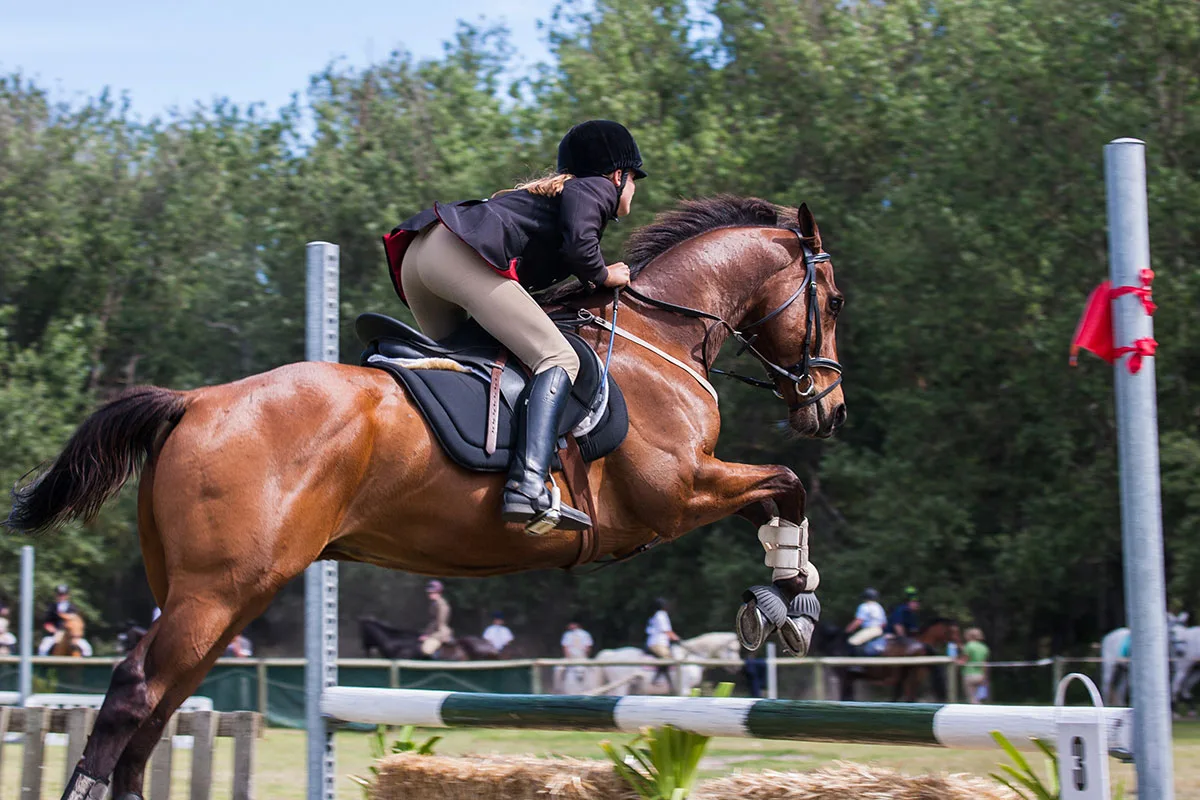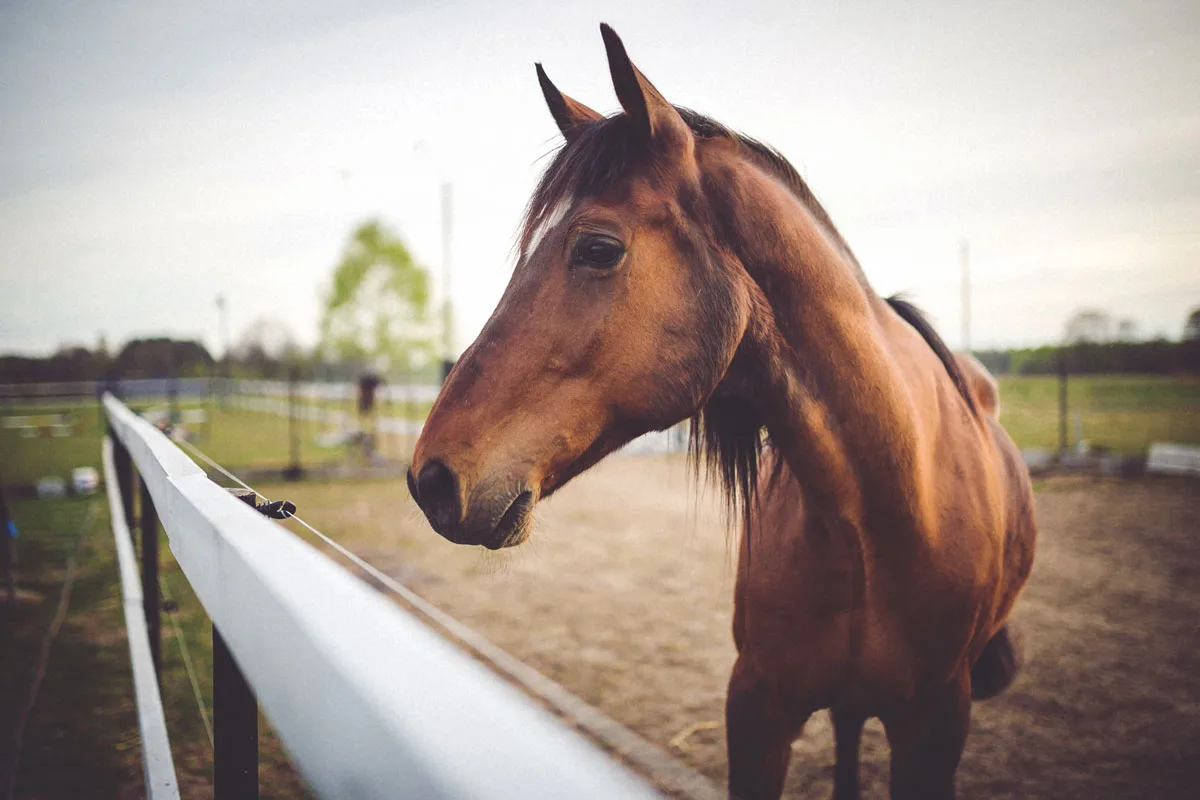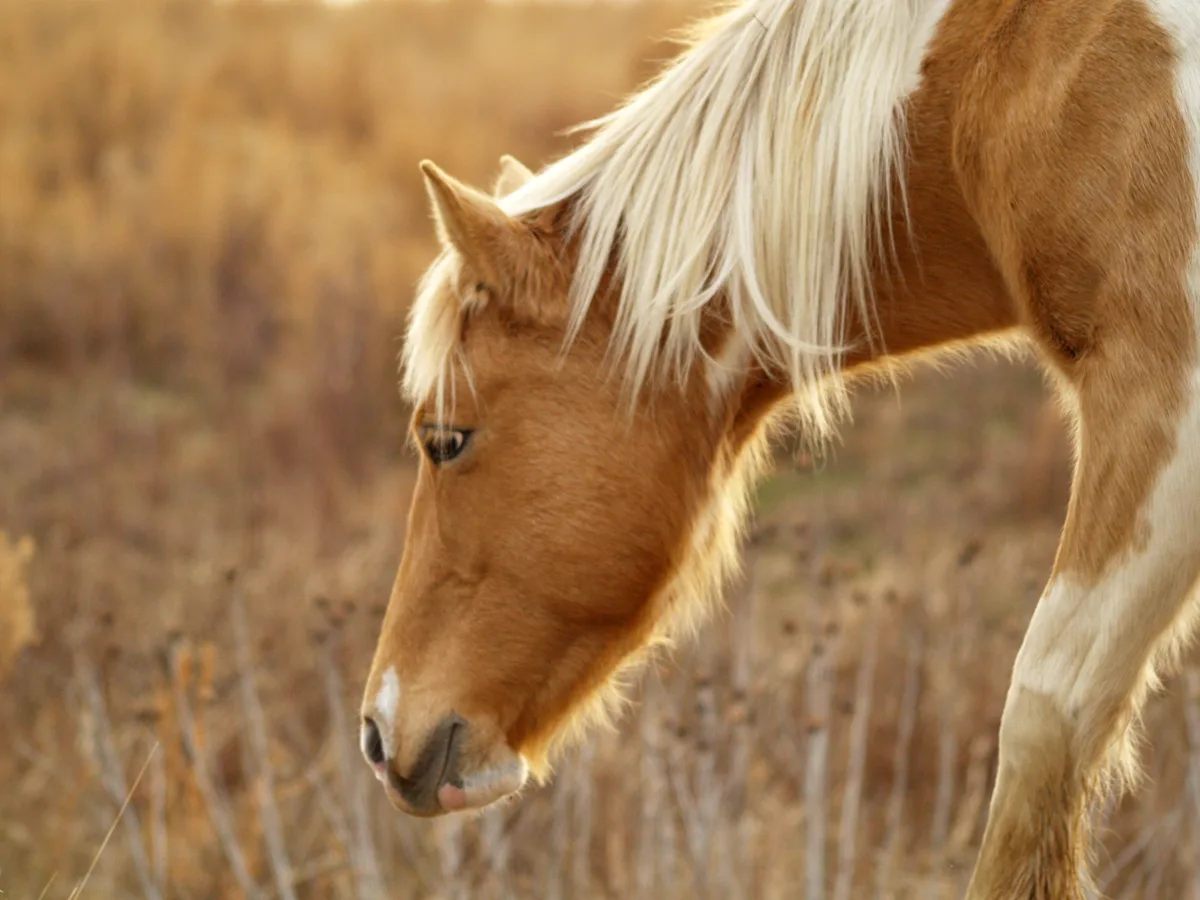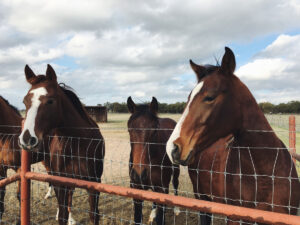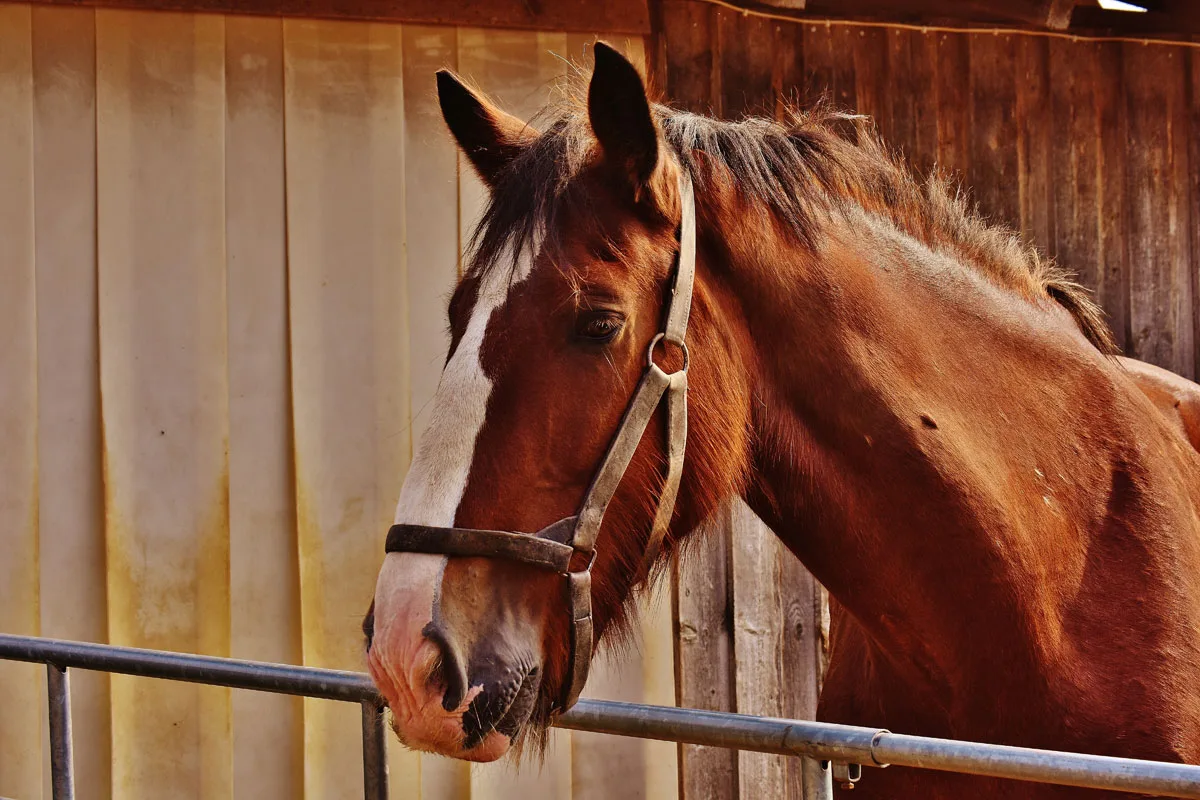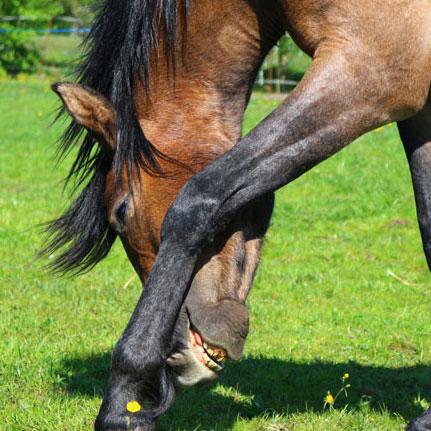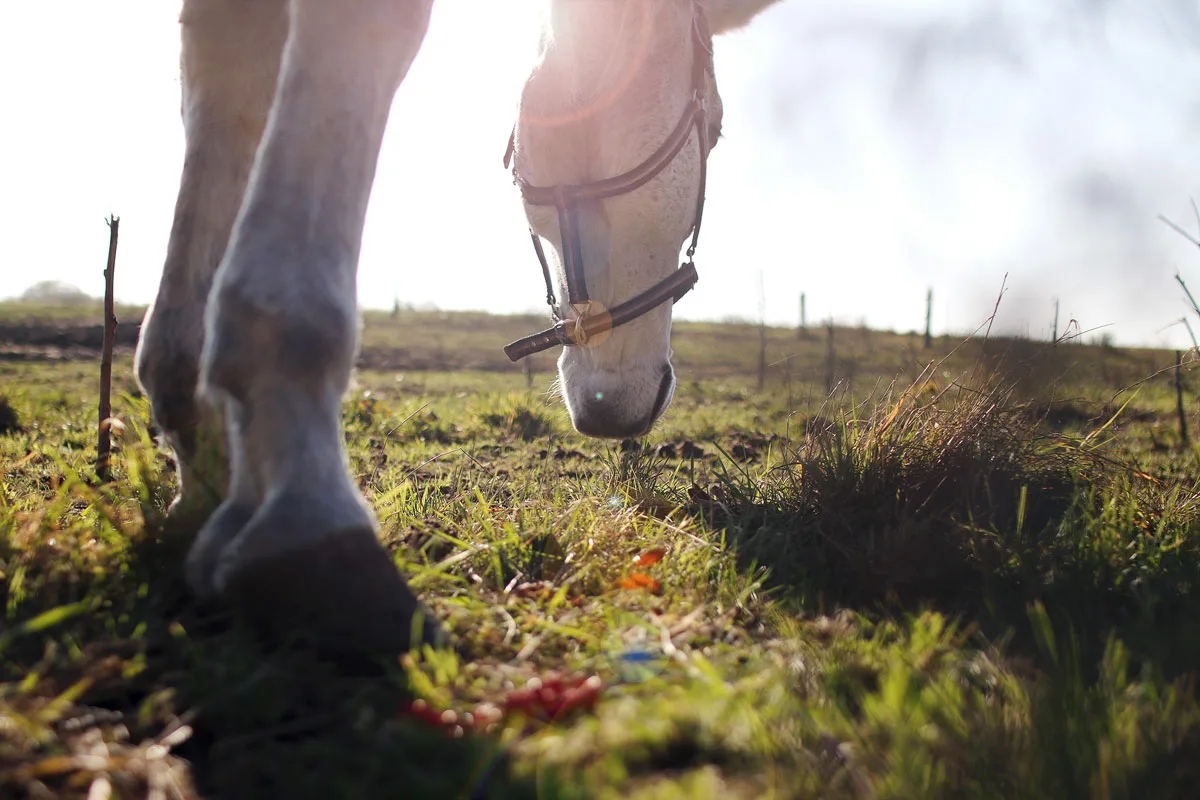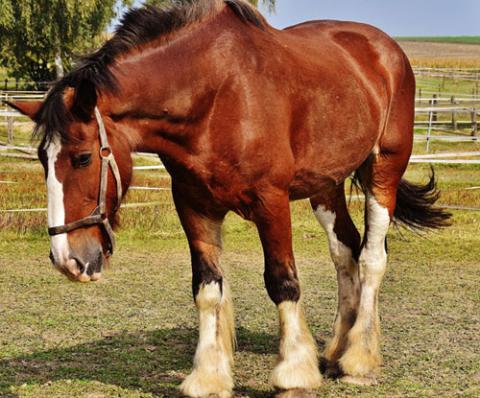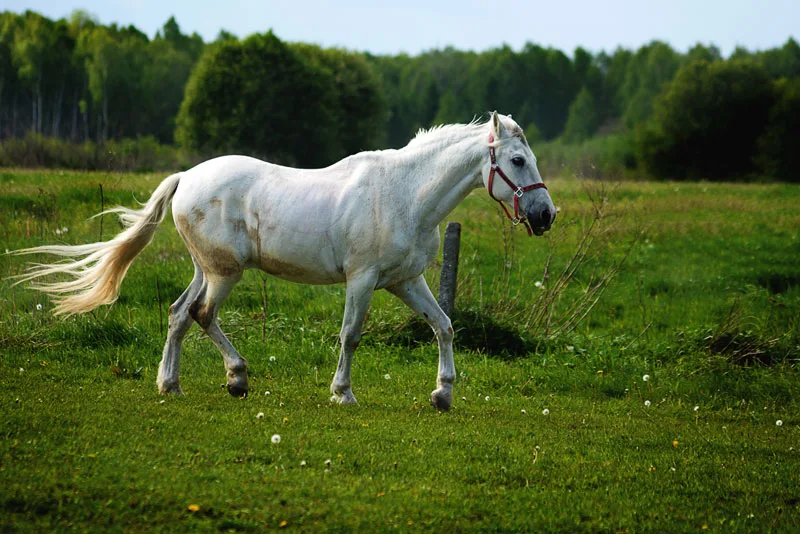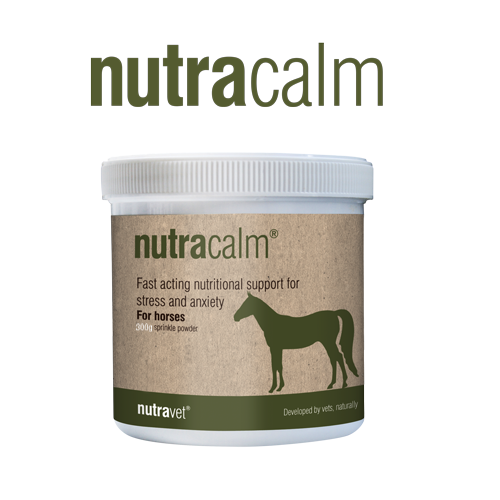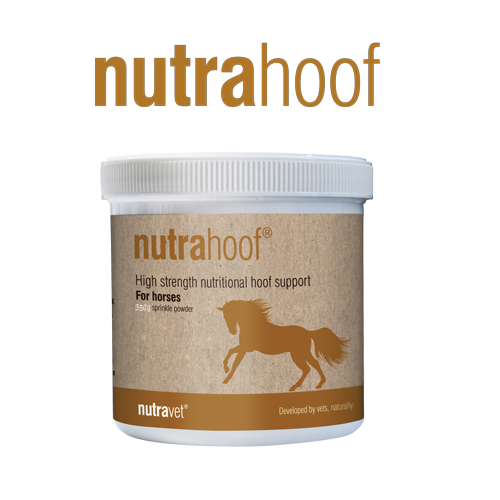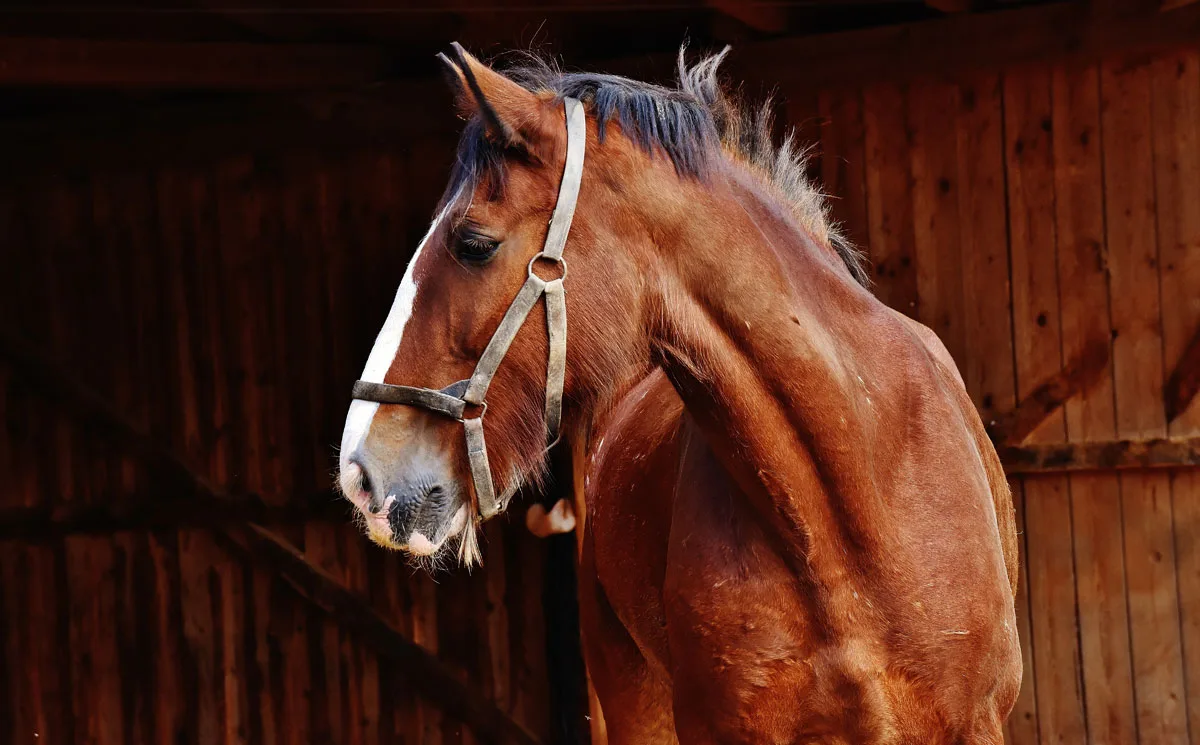
Caring for your horse is a long-term responsibility and it’s important to understand the importance of horse health.
There are many different breeds that can vary in shape and size and caring for them could depend on this. As an owner, you will be best placed when caring for your horse and be able to recognise signs that they are not well. Looking out for signs and treating any health issues early will help to maintain your horse’s quality of life.
There are many positive things you can do when caring for your horse, which include:
Feed your horse good quality food
Horses need roughage (hay or pasture) to stay healthy. High quality food will lead to a healthy horse. Try to resist the temptation to buy cheap hay, which might not have the best nutrients needed. Your horse will need a balanced diet full of vitamins and minerals that are essential to keep them healthy.
File your horse’s teeth
Horse’s teeth can wear down unevenly over time, due to them eating the same type of food. It’s important to get their teeth checked by a vet, where they can file them down and examine their mouth at the same time.
Let your horse live outside
It might not always be possible to let your horse live outside, but doing so can be important for your horse’s health and wellbeing. Turnout can help to provide exercise, which also helps to prevent weight gain. Weight gain in horses can then impact on other health issues such as joints. You horse can also get bored and frustrated being confined to a stable all the time.
Exercise your horse daily
Your horse should be exercised daily to help prevent weight gain and keep them healthy. If you are not able to do it every day make sure your horse has access to a field to walk in, or ask someone to go to exercise them for you. Exercise is also beneficial as it encourages natural hoof growth.
Hoof health
It’s important to regularly check your horse’s hooves. Be sure to pick them out regularly to check for any rocks or objects that might bruise them. Your horse can develop problems with their hooves if they are not cared for properly. It’s important to not only check them when you’re preparing to ride, but every day. You should also get a farrier to trim their hooves. Consider using Nutrahoof, which is specifically formulated for horses with weak, cracked and brittle hooves. Nutrahoof is a natural solution to help improve elasticity and hoof health.
Schedule regular vet visits
When caring for your horse, it’s important that your horse has a vet visit at least once a year, to keep a check on their health and keep up-to-date with vaccinations. Not getting your horse checked could lead to health problems developing in the future.
Grooming
Your horse should be brushed daily. The more you brush, the more you help to distribute the natural oils that coat your horse’s hair evenly. Invest in good quality brushes and make sure you keep them clean. If you have more than one horse, try to use a separate set of brushes for each horse to reduce fungal infections.
Provide sufficient shelter
Be sure that your horse has sufficient shelter at all times. It needs to provide protection from the rain and wind, as well as being comfortable and safe. Also provide them with enough bedding to keep them warm in the winter and make them comfortable at night.
Provide fresh water
Horses need a daily supply of clean and fresh water. Depending on breed and size, a horse can drink between 5 -10 gallons of water a day. Be sure to also keep the water bucket clean to help reduce bacteria build up. In warmer weather, horses might need extra drinking water and to be cooled down with water.
Minimise stress
If you know that certain situations can cause your horse to become stressed, try to reduce this by preparing for the event or situation in advance. Consider using Nutracalm, which has a unique formula specifically developed to naturally help to reduce stress and anxiety in horses.
If you are worried about changes in your horse’s health or behaviour, it is best to consult your vet, who will be able to advise the best solution for horse health. Ask your vet about Nutravet products, such as Nutracalm, Nutraquin+, Nutrahoof and Nutramed to help maintain the health of your horse.
